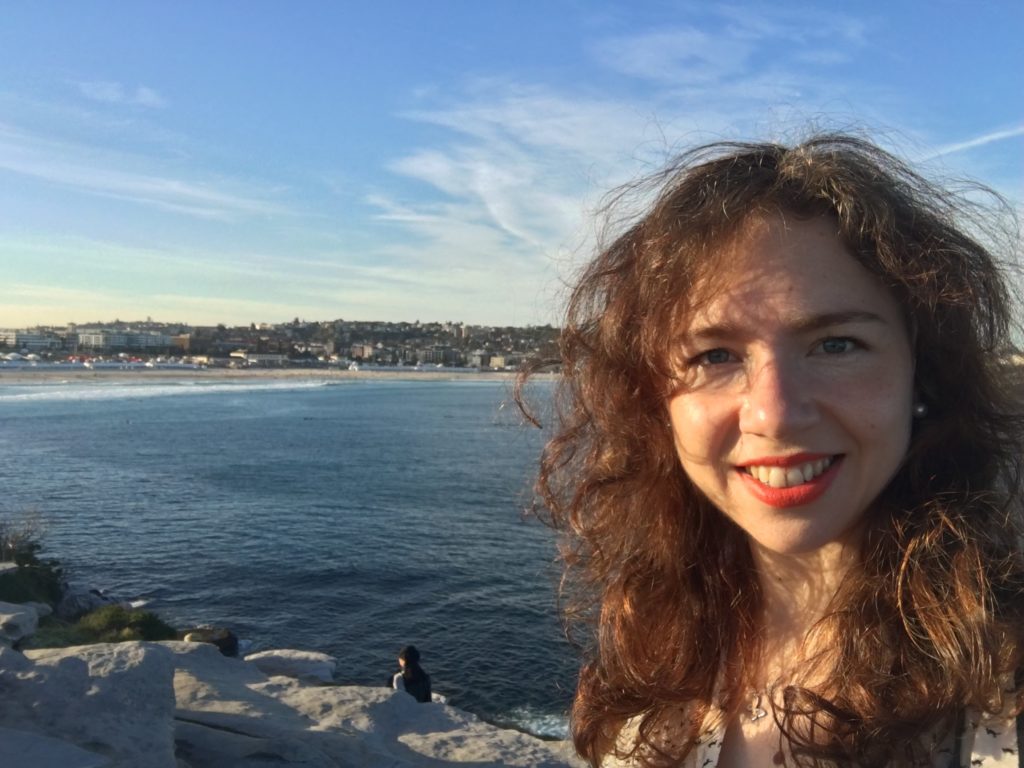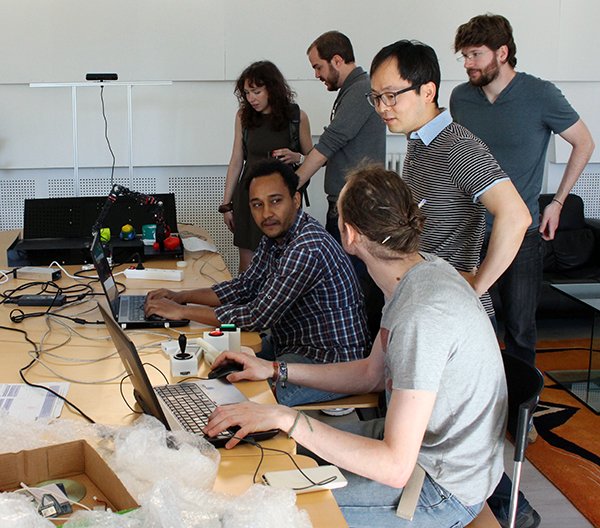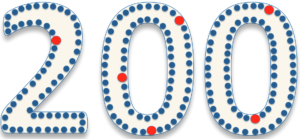6 out of 200 – Natalia Díaz Rodríguez makes robots dream


Meet Natalia Díaz Rodríguez in this Q&A series with 6 out of 200 computer scientists and mathematicians participating in the 5th Heidelberg Laureate Forum, September 24-29, 2017. 26 Laureates (Abel Prize, Fields Medal, Nevanlinna Prize, Turing Award and ACM Prize in Computing) will attend the forum together with them. For a full week, Heidelberg in Germany will be the hot spot of mathematics and computer science.
What is your name and nationality? Natalia Diaz Rodriguez, I am Spanish
Where did you study and where are you currently based? I studied Computer Engineering at the University of Granada, Spain, I did a double PhD in Finland at Abo Akademi University (Turku) and got a Diploma in Innovation and Entrepreneurship from EIT Digital (European Institute of Innovation and Technology).
What is your current position? I am Post-doctoral researcher at ENSTA ParisTech (École National Superior de Techniques Avancées) at the Robotics and Autonomous Systems group.
What is the focus of your research? What is your research project? I am working on the DREAM (Deferred Restructuring of Experiences in Autonomous Machines) European project. This project focuses on unsupervised, deep reinforcement learning of state representations for robots. Robots should learn achieving tasks as simple as pushing a button. The aim is to teach them with the minimal human supervision, and that they can reuse, with cognitive architectures, the knowledge learnt to do further tasks. You can follow us on Twitter.

Why did you become a mathematician/ computer scientist? Because it meant for me to be on the forefront of science. I love to learn new things. I had no clear particular favorite field of science, and thus, the unknown attracted me. I’ve always been scientifically curious and I want to understand more about the mechanics or processes in nature. The more I know about science, the more I realize of how little we know, and how much impact we can have. I always think of technology as an applied method to make us live longer, better and on a healthier planet.
What do you see yourself doing in 10 years? I would like to have my own multidisciplinary research group with research scientists trying to solve yet unsolved problems, and research engineers that support these goals. If I could choose a location: the closer to the Mediterranean Sea, the better :).
What are you doing besides research? I travel the world while doing science to find more unknown, new research problems and new ideas for solutions. I like gastronomy, dancing, beaches, photography and art.
Why did you apply for the HLF? Because it was a great experience in 2014. As a consequence of attending the HLF three years ago, I have supervised remote students in India, and I have established collaborations to write chapters for a book with scientists in Switzerland, the U.S. and the U.K. One of the most enriching experiences was attending a Daghstul seminar on Neural & Symbolic learning and reasoning the week before the forum. It was the first time where logic and artificial neural networks finally aimed at working together. I saw a demo by Leo de Penning where machines learned sound and vision in simulation and, by suppressing one of them, the lost ‘sense’ was dreamed. It made me wake up for the new AI wave that was approaching, hearing from the first time about a famous (yet unknown for me back then) Hinton and some Restricted Boltzmann Machines that allow machines to dream. I do not think I was this hooked on AI before this happened. I also had particular lessons from experts in my field. I felt very lucky that later they became my PhD thesis examiners and invited me to become a reviewer for AI Journals. And I got a dedicated copy of an article from Peter Naur on computing versus human thinking.
What do you expect from this meeting?
To have my first experience as workshop organizer (Workshop 3: Machine learning and human-computer interaction), and to meet other equally ambitious, curious and passionate friends and collaborators.
Which laureates present at the forum would you really like to talk to? I would love to speak again to Vint Cerf and Jeff Dean, great personalities, and Alexei Efros, whose fascinating work I am currently being inspired by.
You attended already the 2014 HLF. What was the most memorable moment for you from back then? Seeing Klaus Tshira (HLF founder) spreading love for science by means of having such an ambitious and wonderful event for the interdisciplinary community of scientists. Some laureates told me stories over dinner about when they were refugees that emigrated to Canada to pursue research and found themselves by pursuing science. Talking to Turing awardees the age of your grandparents and absorbing every single second of lifelong learnings they shared. Sadly, some of the laureates I talked to are unfortunately no longer with us. I would like to thank the organisers of the Heidelberg Laureate Forum again for inviting me to Heidelberg. It feels like such a privilege to be there. Truly an experience no young mathematician or computer scientist should miss.

